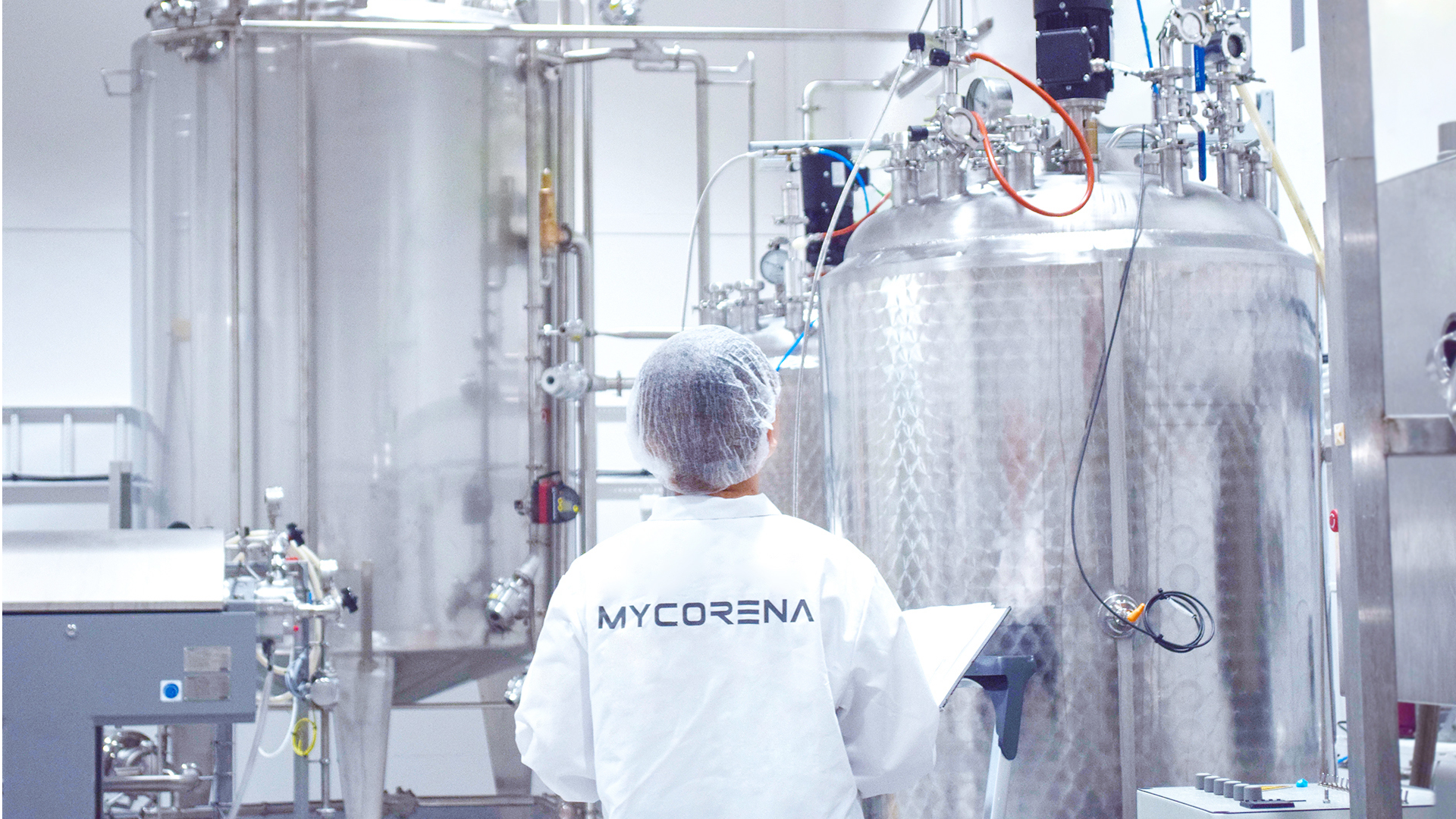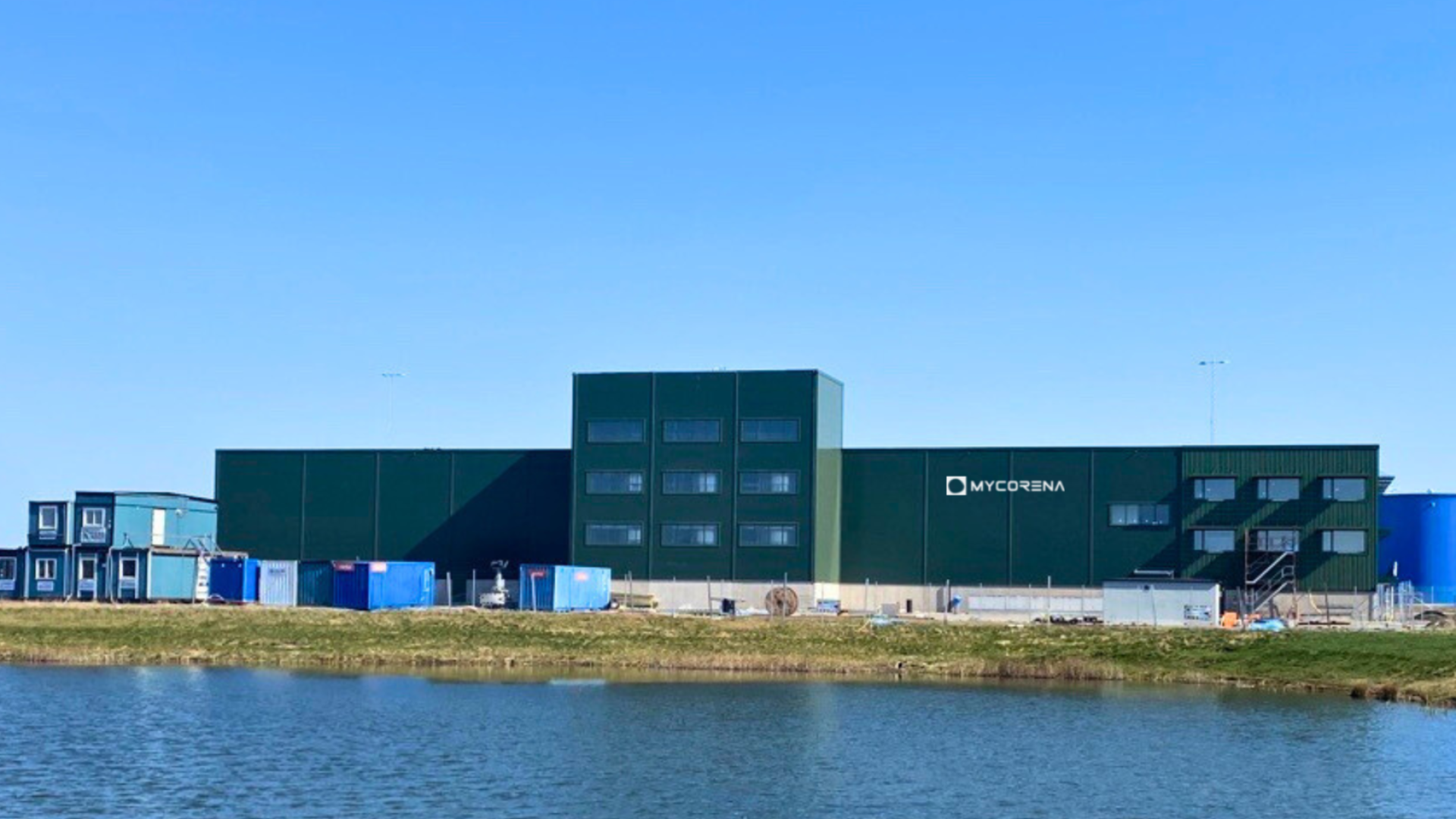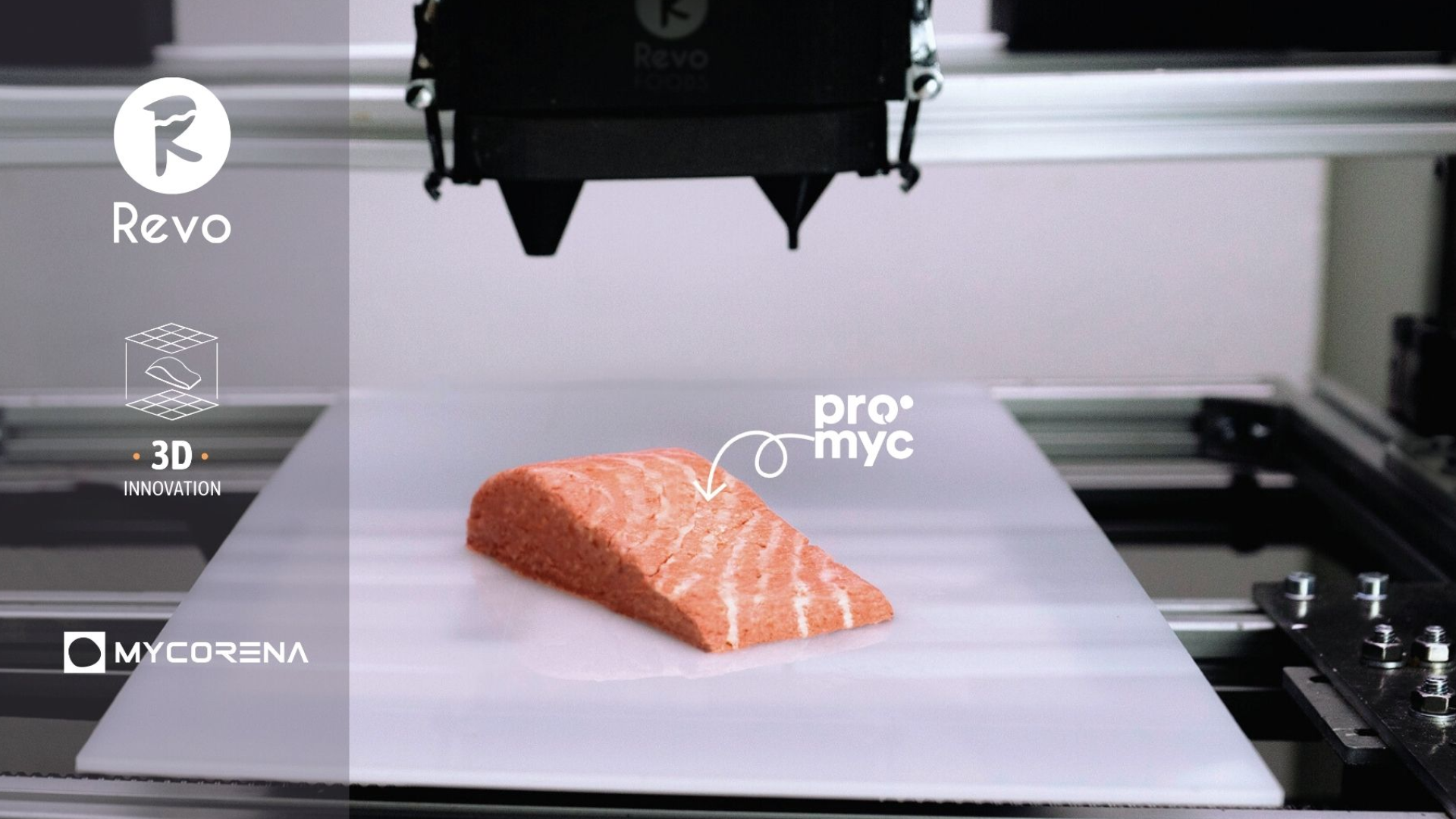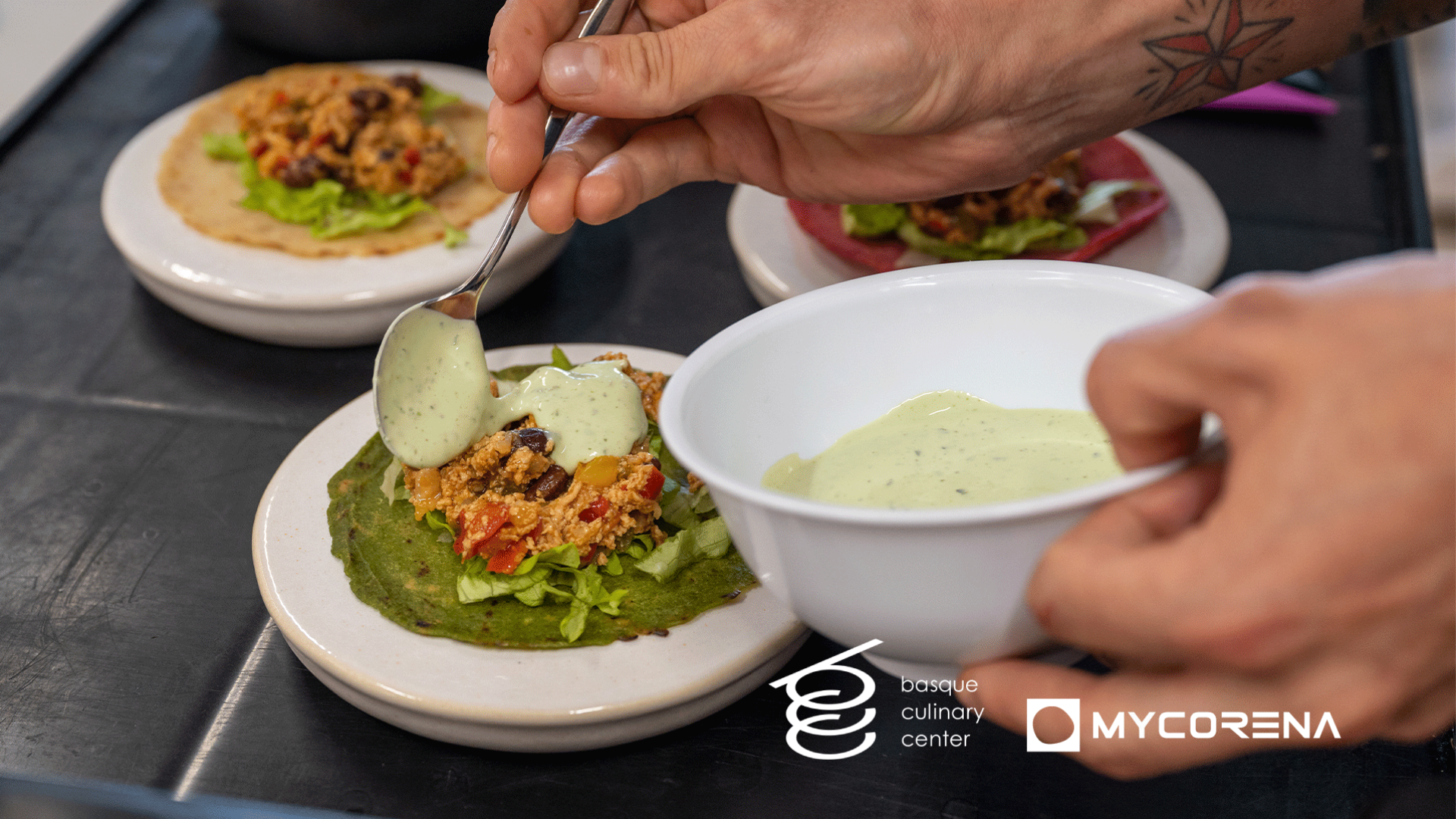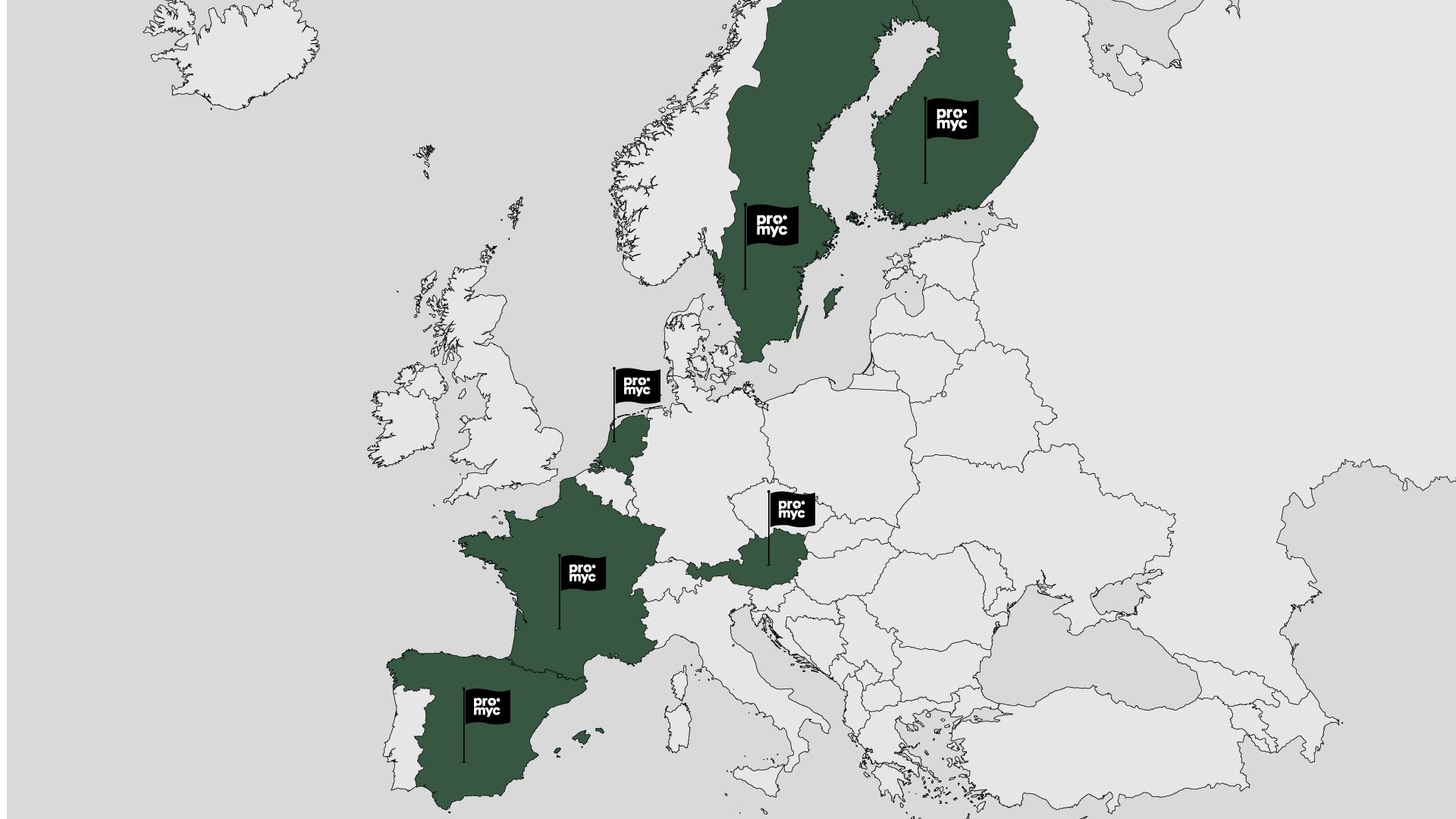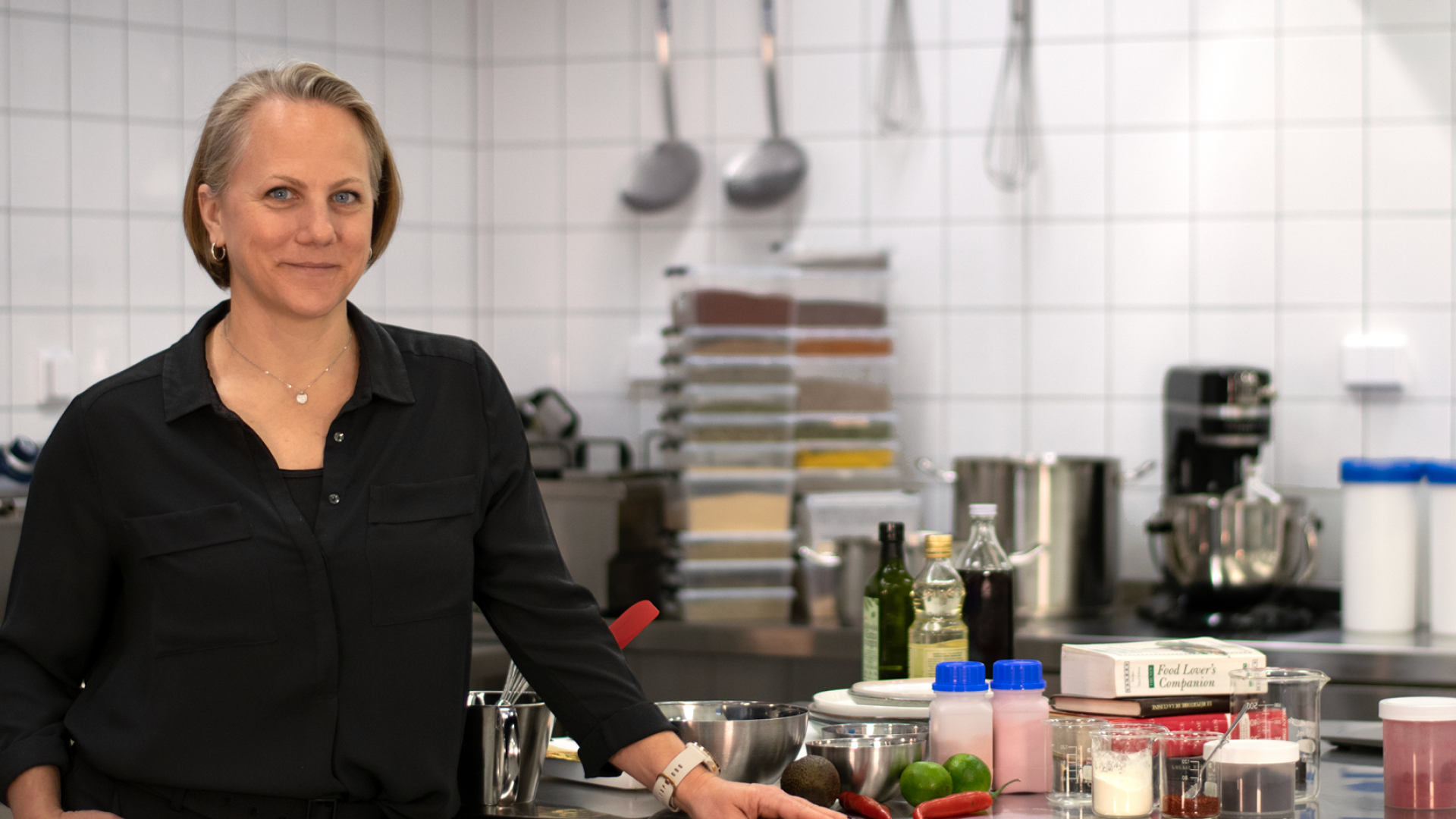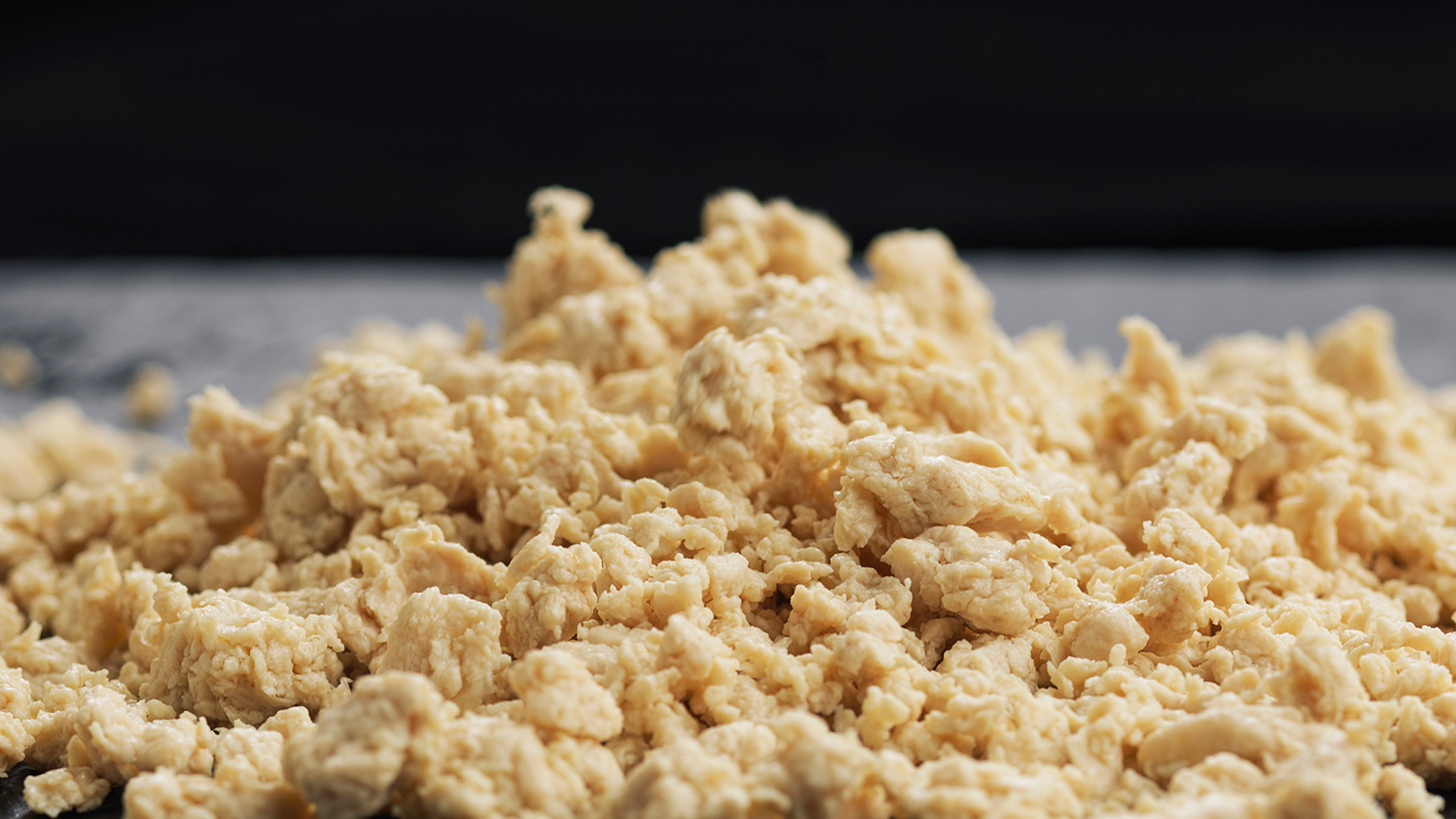There are many reasons why meat holds a significant role in the food industry and our lives.
For a long time, meat has been the norm and one of our staple foods. Many argue that humans were made for a carnivorous or paleo diet. These assumptions are often based on a historical context, meaning that meat is the best food for humans because we’ve always eaten it. As a result, meat has become the representative protein on our plates to the degree that many people struggle to imagine other protein sources.
This has become evident in the protein industry, where plant-based and alternative protein companies fight ceaselessly to create the most realistic meat analogues on the market. As a result, vegetarian and vegan options flood the protein segment, anything from soy, pea, grains and lentils. Nonetheless, meat still dominates the market. What’s been made evident is that something is lacking in the segment to make mainstream consumers take the step to a fully plant-based or vegan diet.
Meanwhile, consumers are divided. Vegans welcome new foods that are both cruelty-free and sustainable, while flexitarians and omnivores might be more hesitant to meat substitutes or discontent with the current quality of the products on the market.
To many consumers, meat alternatives must be more sustainable than meat and equally nutritious and tasty. Therefore, the incentive to eat less meat can’t be based solely on sustainability because that will not convince the average consumer.
Sustainability is important but often not the determining factor. In uncertain times, prices become increasingly important. Consumers may choose cheaper alternatives rather than more sustainable ones, which often is meat. Eating vegetables and healthy foods is a class issue. Half of the world’s population can’t afford a healthy diet (source).
Moreover, in many busy lives, simplicity is crucial to make everyday life run smoothly. Food that is uncomplicated to make, fits the mould of what we’re used to, and is tolerated by picky children, might be a high priority to many. But at the same time, sustainability is nagging at people’s consciences. It is easy to feel guilt for not choosing the most sustainable, or sometimes even most nutritious, option. Food can be a struggle for many, with many aspects playing a big part in our diets.
But no matter what, the most important thing to many is that it’s tasty. The fact is that people will not continue to buy products that aren’t fulfilling or suit their palates. If the texture or taste isn’t right, customers will probably not repurchase the product solely based on a climate footprint. If the children won’t eat, it doesn’t matter if it’s cheap. So many aspects need to fall into place, and the plant-based market may need to adapt to convince the masses. Maybe we need a step on the way to make the green transition in food more accessible.
So, to adhere to all these different needs, it might be best to stick to what we know. Sort of.
Simple changes can make a world of difference. By simply substituting part of our meat for mycoprotein, we can still eat our favourite foods, healthy but more sustainable, without complicating our lives or feeling guilt. Making hybrid meat is an excellent first step toward a more sustainable food system and could significantly reduce our meat consumption and the subsequent climate footprint.
Continuing to eat meat the way we currently do is not sustainable in the long run. Something needs to change; realistically, everyone won’t stop eating meat. This way, they might eat less than they would otherwise, and mycoprotein is both a great complement and substitute for meat.
Hybrid meat is an easy way to significantly change what we’ve always done without changing too much.
The era of hybrids is here.

